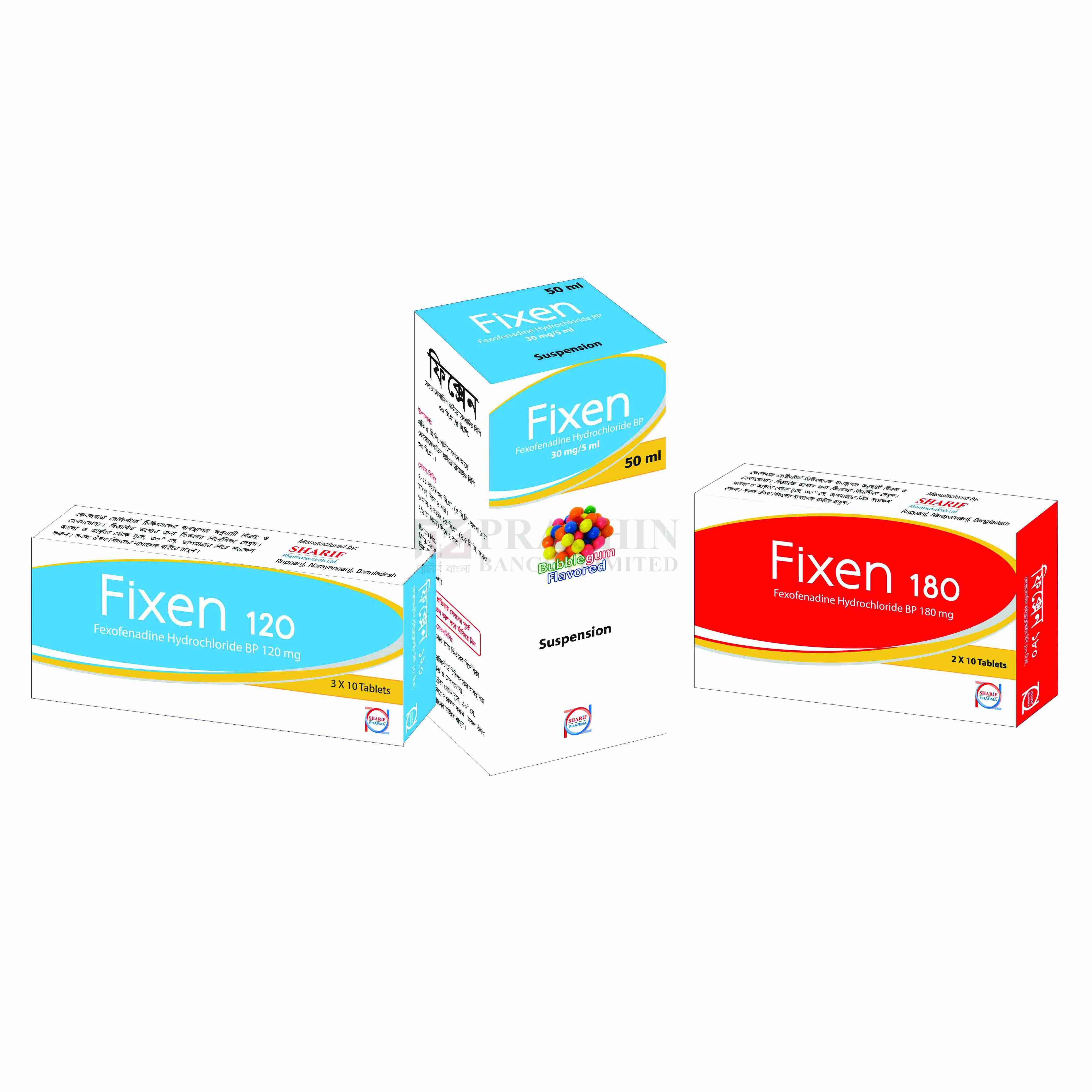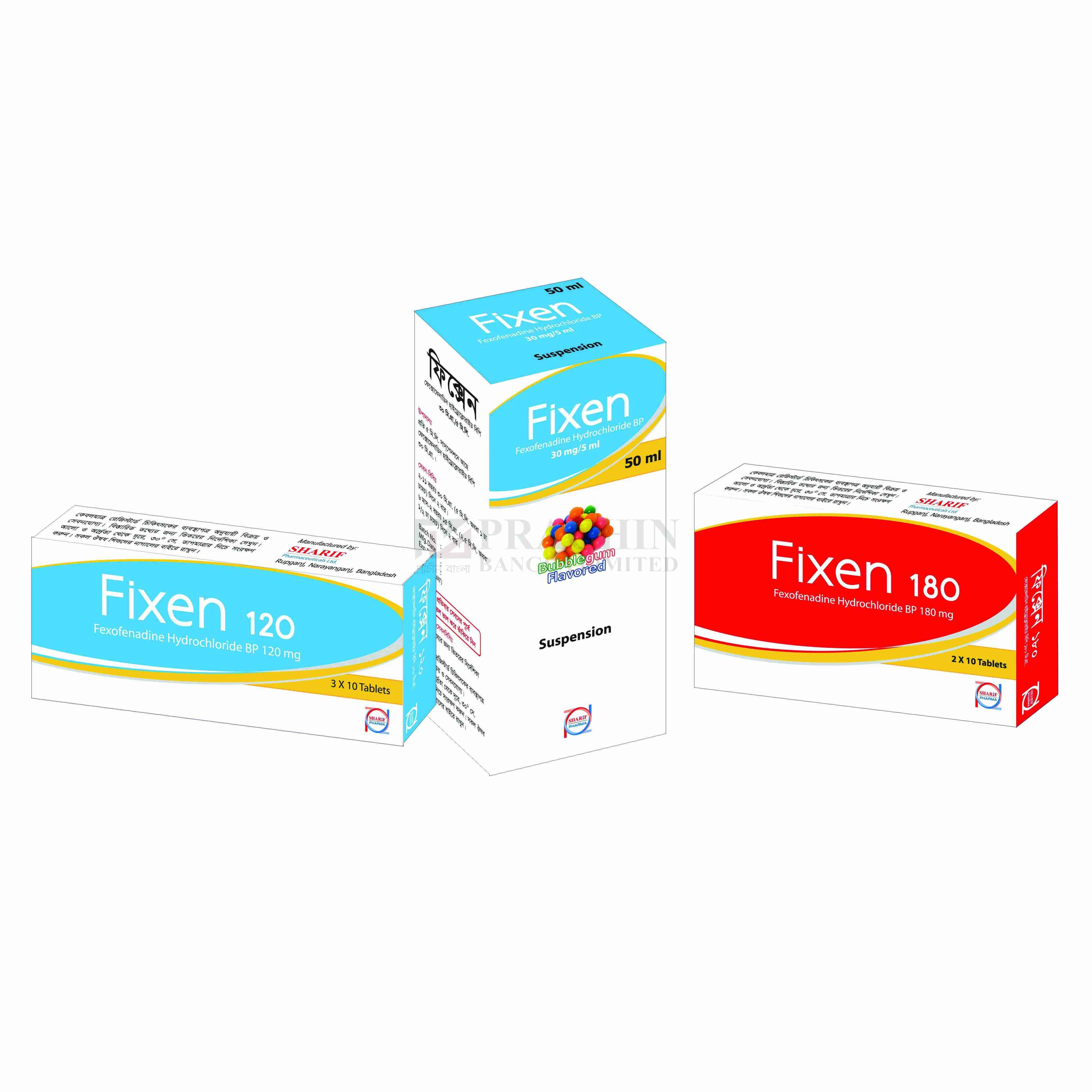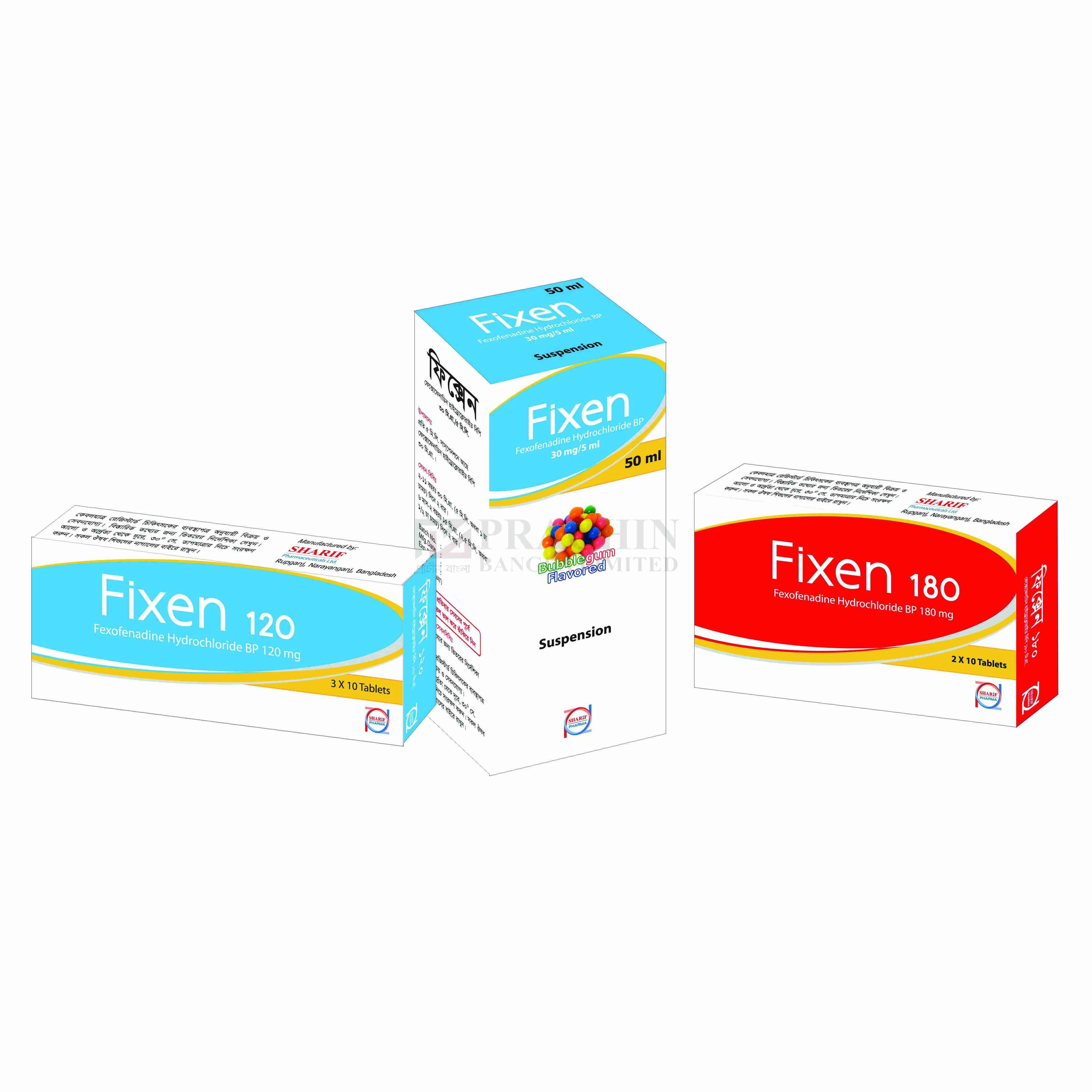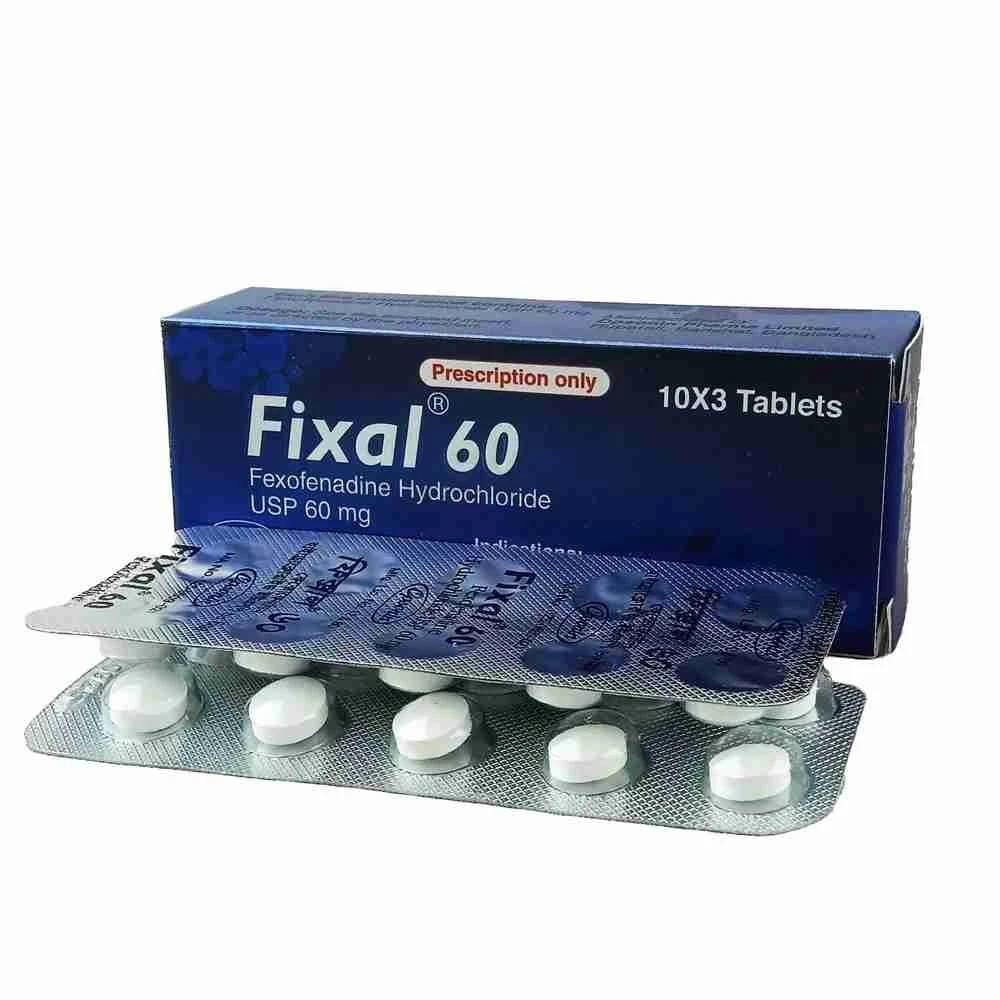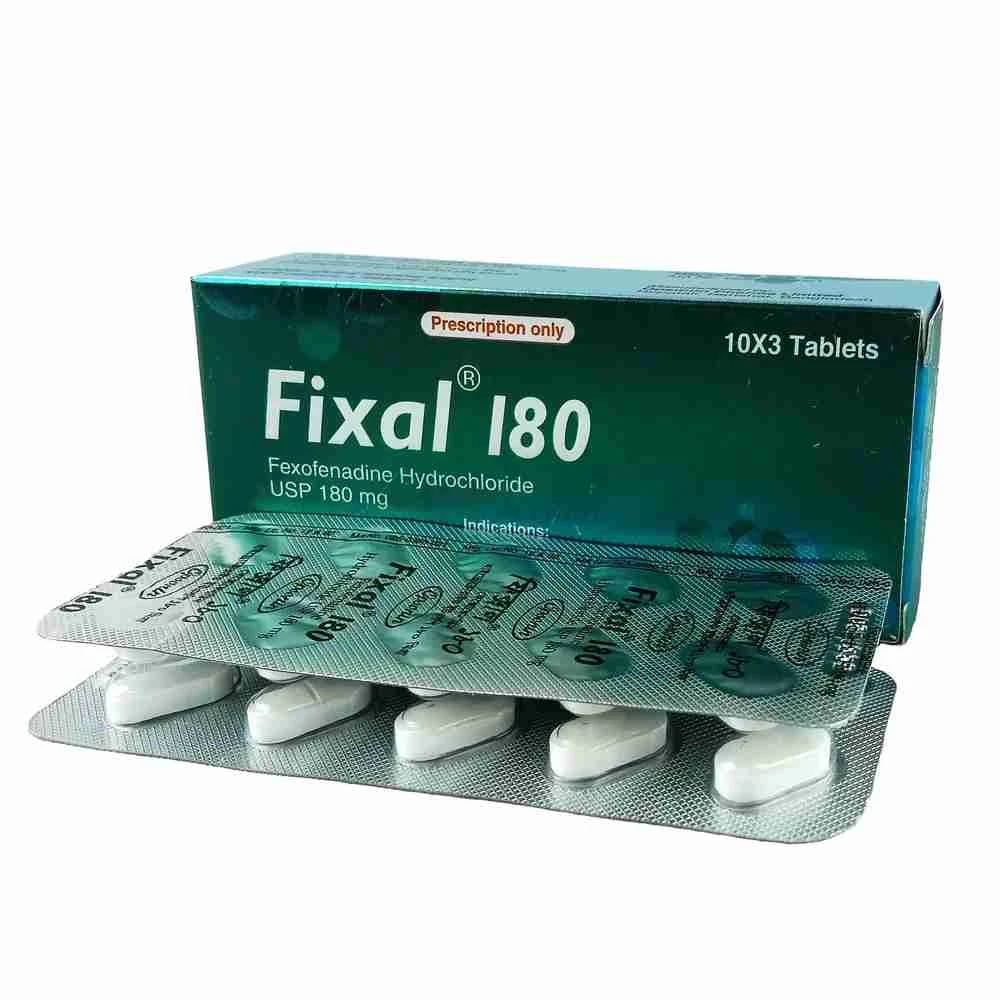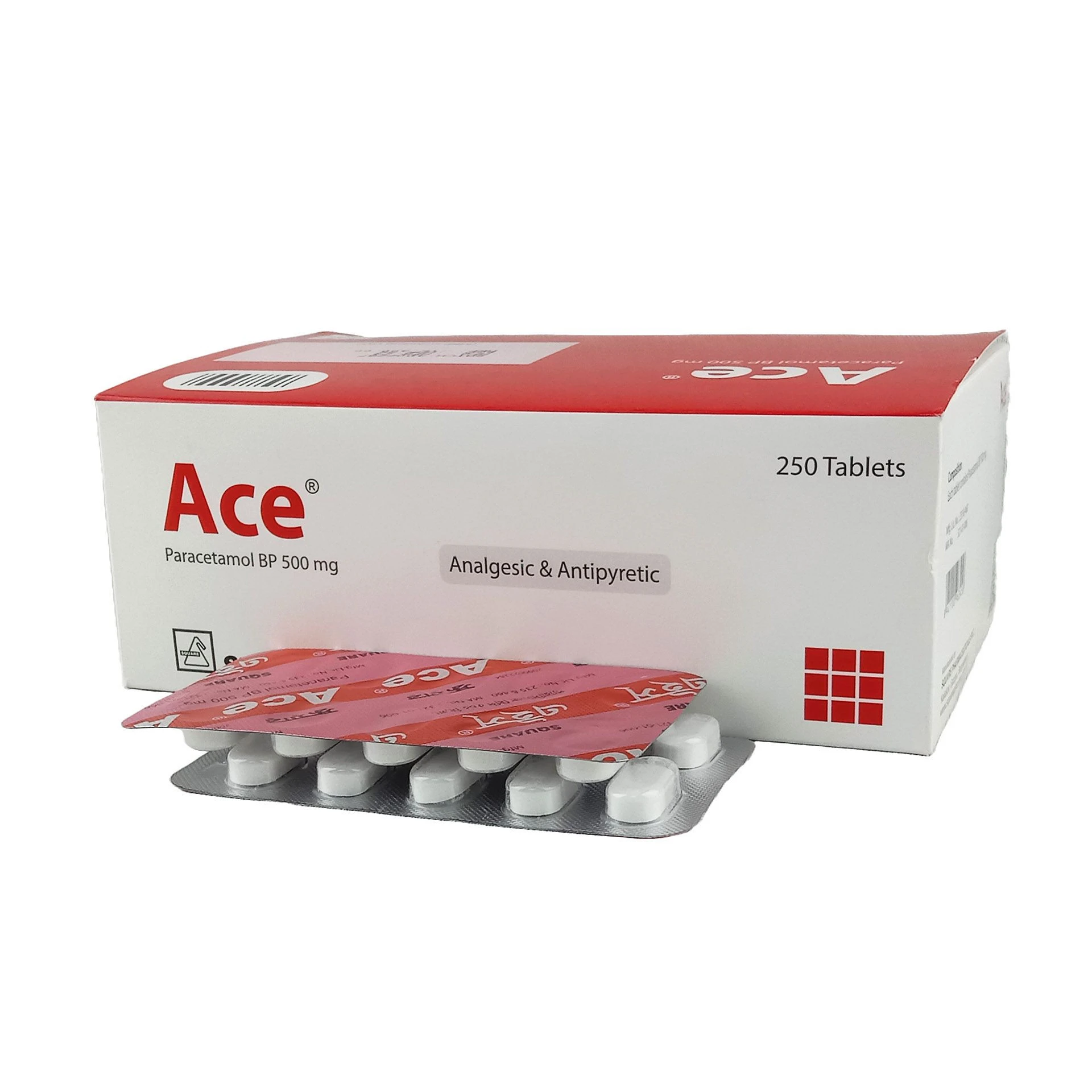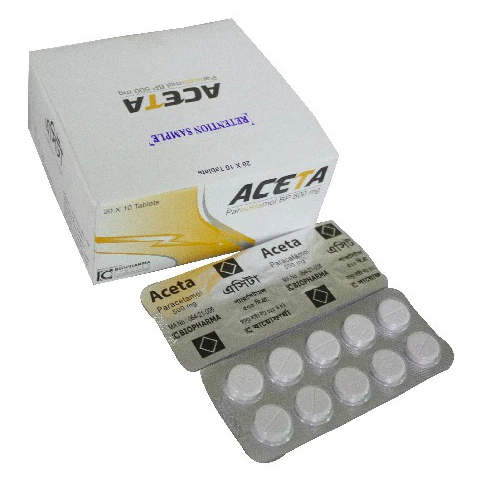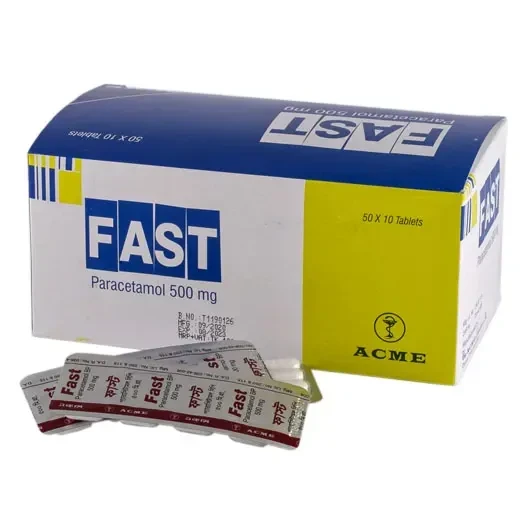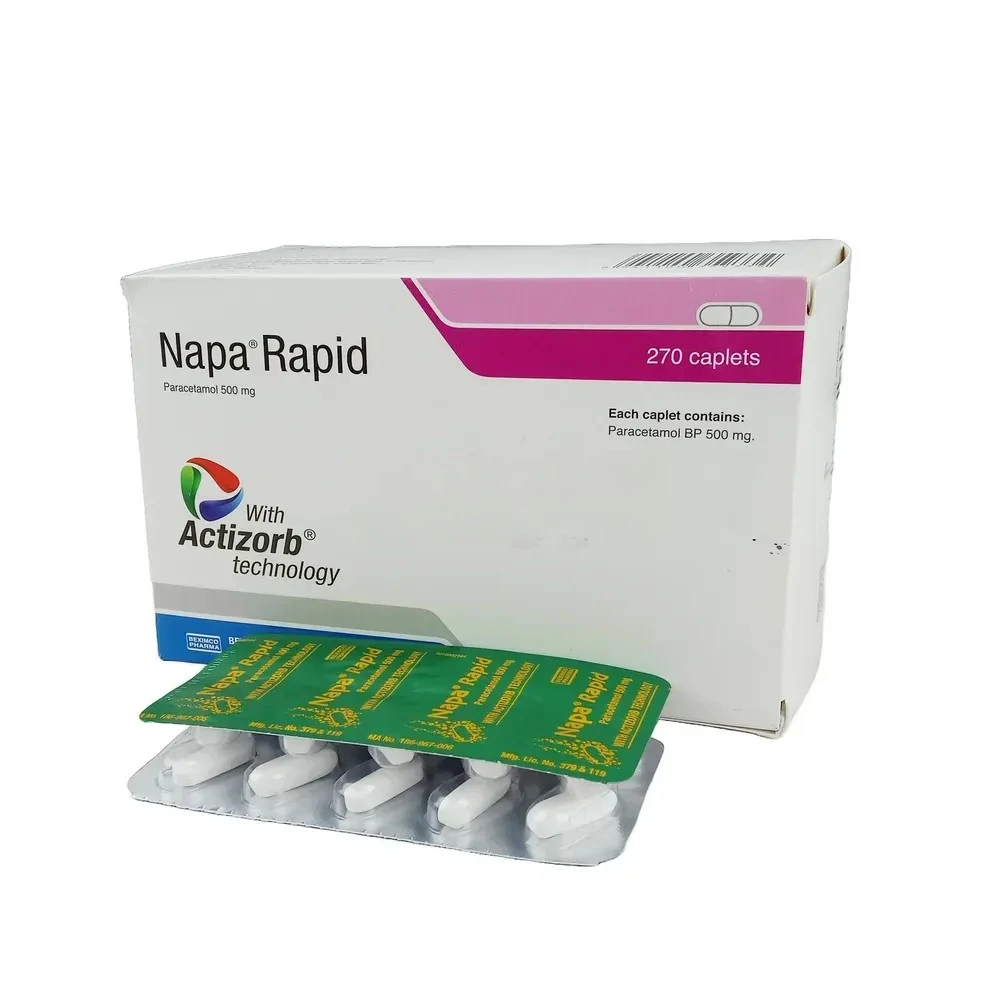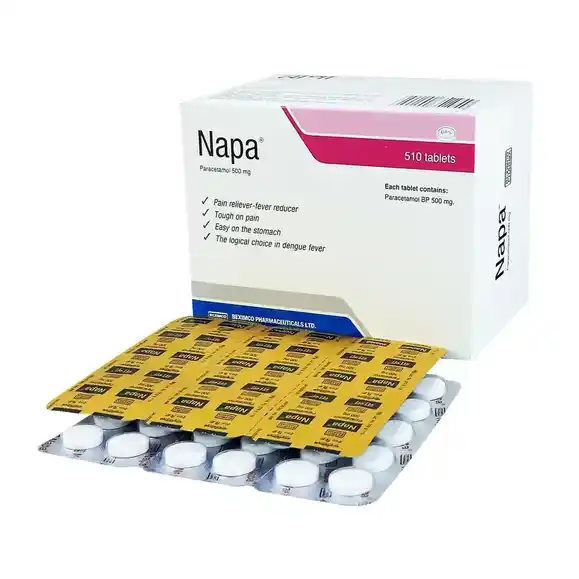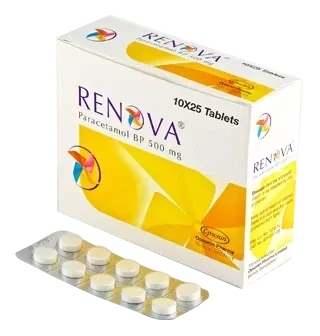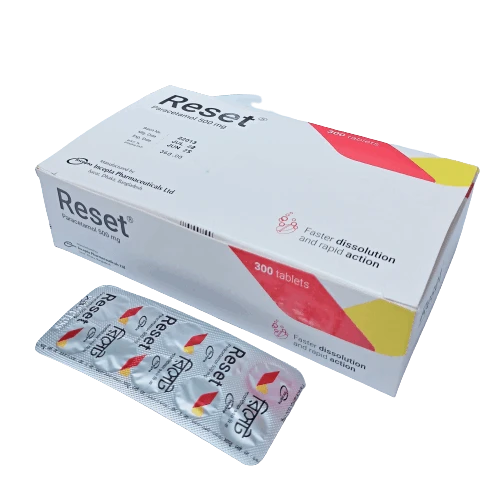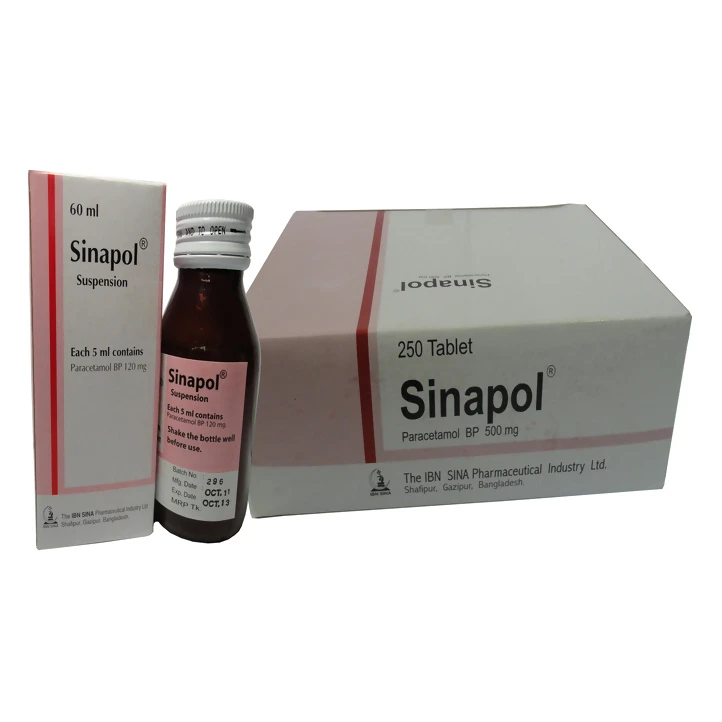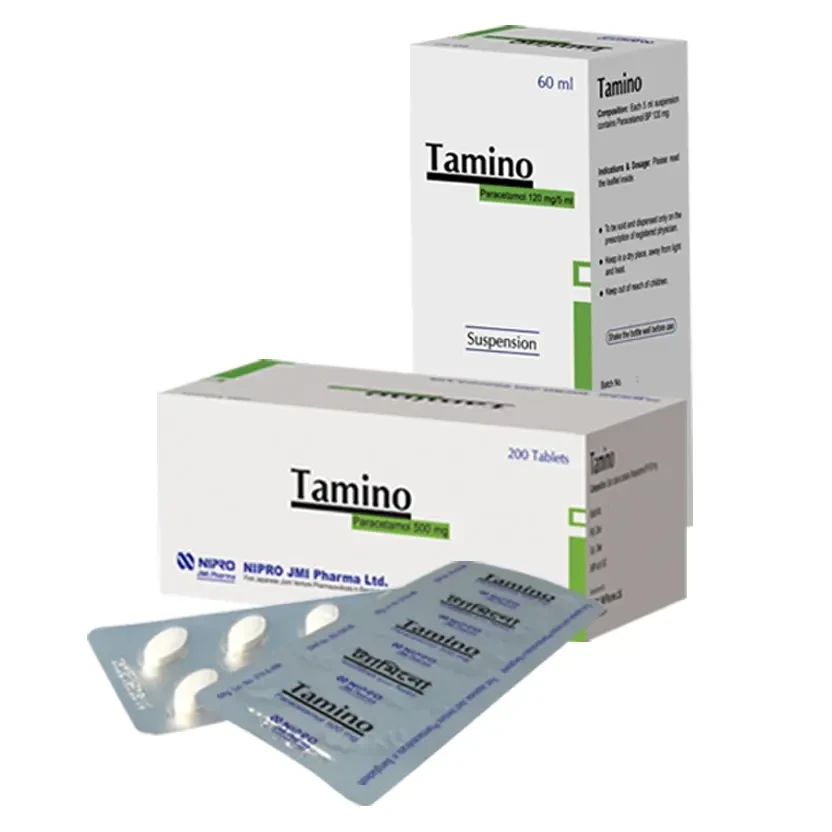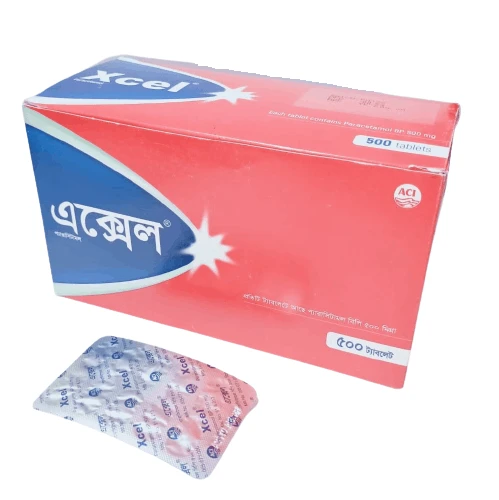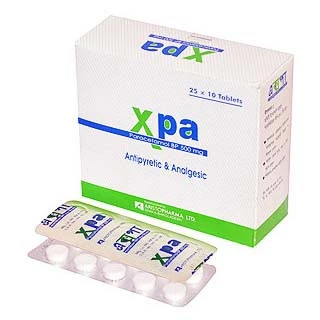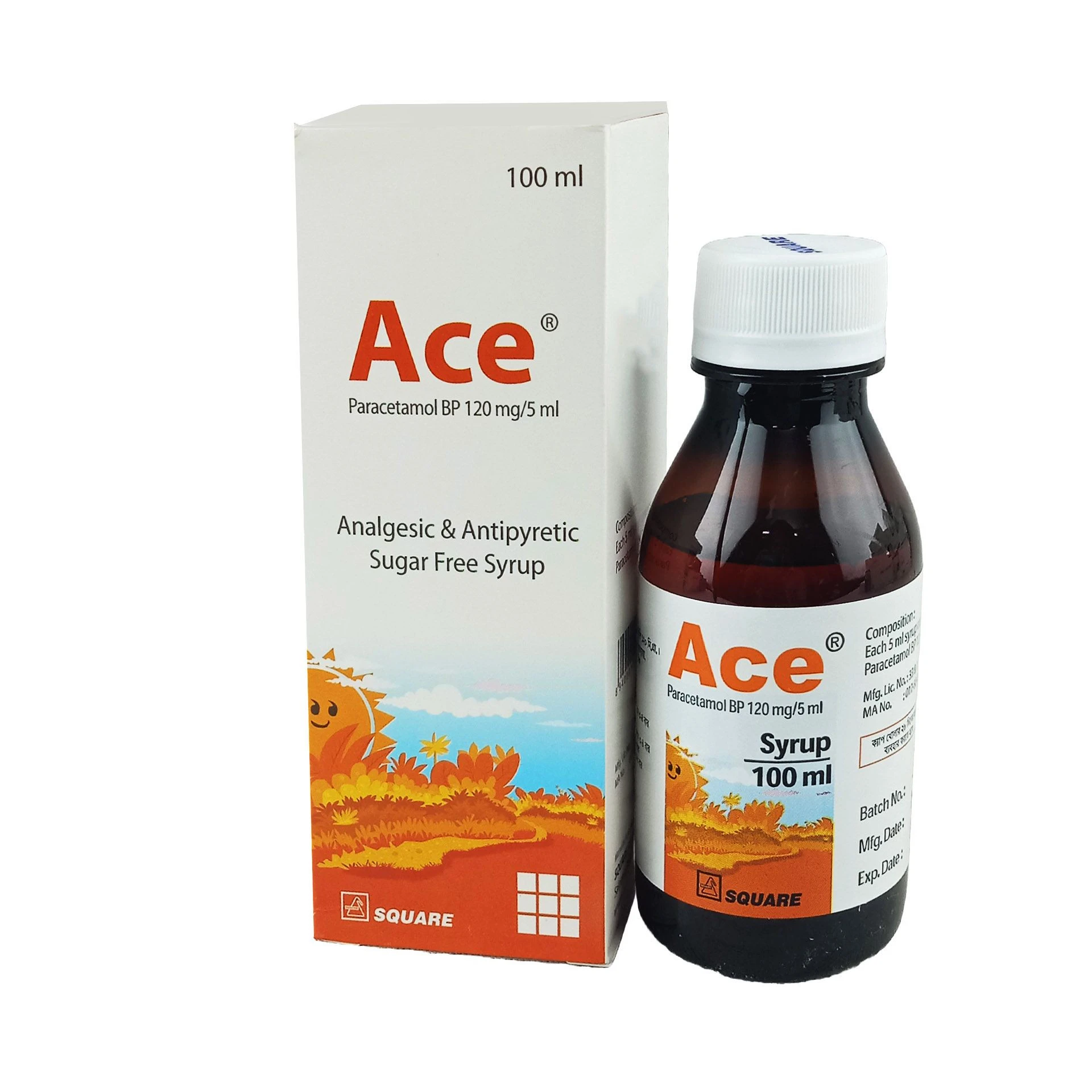Indications
This tablet is indicated as an
adjunct to diet and exercises to improve glycaemic control in patients with
type 2 diabetes mellitus whose diabetes is not adequately controlled on
Metformin Hydrochloride or Vildagliptin alone or who are already treated with
the combination of Vildagliptin and Metformin Hydrochloride, as separate
tablets.
* রেজিস্টার্ড
চিকিৎসকের পরামর্শ মোতাবেক ঔষধ সেবন করুন'
Pharmacology
Vildagliptin acts primarily by
inhibiting DPP-4 (Dipeptidyl peptidase-4), the enzyme responsible for the degradation
of the incretin hormones GLP-1 (glucagon-like peptide-1) and GIP
(glucose-dependent insulinotropic polypeptide). The administration of
Vildagliptin results in a rapid and complete inhibition of DPP-4 activity
resulting in increased fasting and postprandial endogenous levels of the
incretin hormones GLP-1 and GIP. By increasing the endogenous levels of these
incretin hormones, Vildagliptin increases insulin secretion from the pancreatic
beta cell and decreases glucagon secretion from alpha cell. The enhanced
increase in the insulin/glucagon ratio during hyperglycaemia due to increased
incretin hormone levels results in a decrease in fasting and postprandial
hepatic glucose production, leading to reduced glycaemia.
Metformin Hydrochloride is a biguanide
type oral antihyperglycemic drug used in the management of type 2 diabetes. It
lowers both basal and postprandial plasma glucose. Its mechanism of action is
different from those of sulfonylureas and it does not produce hypoglycemia.
Glucomin decreases hepatic glucose production, decreases intestinal absorption
of glucose and improves insulin sensitivity by an increase in peripheral
glucose uptake and utilization.
Dosage & Administration
Adults: Based on the patient's
current dose of Metformin, this combination may be initiated at twice daily, 1
tablet in the morning and the other in the evening. Patients receiving
Vildagliptin and Metformin from separate tablets may be switched to this
combination containing the same doses of each component. Doses higher than 100
mg of vildagliptin are not recommended. There is no clinical experience of
Vildagliptin and Metformin in triple combination with other antidiabetic
agents. Taking this combination with or just after food may reduce
gastrointestinal symptoms associated with Metformin.
* রেজিস্টার্ড
চিকিৎসকের পরামর্শ মোতাবেক ঔষধ সেবন করুন'
Interaction
No clinically relevant
pharmacokinetic interaction was observed when Vildagliptin (100 mg once daily)
was co-administered with Metformin Hydrochloride (1,000 mg once daily).
Vildagliptin has a low potential for drug interactions. Since Vildagliptin is
not a cytochrome P (CYP) 450 enzyme substrate nor does it inhibit nor induces
CYP 450 enzymes, it is not likely to interact with co-medications that are
substrates, inhibitors or inducers of these enzymes. As a result of these
studies no clinically relevant interactions with other oral antidiabetics
(glibenclamide, pioglitazone, metformin hydrochloride), amlodipine, digoxin,
ramipril, simvastatin, valsartan or warfarin were observed after
co-administration with vildagliptin. On the other hand, furosemide, nifedipine
and glyburide increase Cmax and blood AUC of Metformin with no change in renal
clearance of Metformin.
Contraindications
This combination is
contraindicated in patients with known hypersensitivity to Vildagliptin or
Metformin Hydrochloride or to any of the excipients. It is contraindicated in
patients with renal disease or renal dysfunction, acute myocardial infarction,
and septicaemia. It is also contraindicated in patients with congestive heart
failure patients and in patients with acute or chronic metabolic acidosis,
including diabetic ketoacidosis, with or without coma. It should be temporarily
discontinued in patients undergoing radiologic studies involving intravascular
administration of iodinated contrast materials, because use of such products
may result in acute alteration of renal function.
Side Effects
The most common side effects are
headache, tremor, dizziness, nausea, hypoglycaemia etc.
Pregnancy & Lactation
There are no adequate and well
controlled studies in pregnant women and therefore, this combination should not
be used during pregnancy unless the potential benefit justifies the potential
risk to the foetus. No studies have been conducted with the components of this
combination. As it is not known whether Vildagliptin and/or Metformin
Hydrochloride is excreted in human milk this combination should not be
administered to breast-feeding women.
Precautions & Warnings
Lactic acidosis can occur due to
Metformin accumulation. If metabolic acidosis is suspected, treatment should be
discontinued and the patient should be hospitalized immediately. Serum
creatinine should be monitored at least once a year in patients with normal
renal function and 2–4 times a year in patients with serum creatinine levels at
the upper limit of normal and in elderly patients. Special caution should be
exercised in elderly patients where renal function may become impaired (e.g.
when initiating antihypertensives, diuretics or NSAIDs). It is recommended that
Liver Function Tests (LFTs) are monitored prior to initiation of Reclevus Met,
at three-monthly intervals in the first year and periodically thereafter. If
transaminase levels are increased, patients should be monitored with a second
liver function evaluation to confirm the finding and be followed thereafter
with frequent liver function tests until the abnormality return to normal. If
AST or ALT persist at 3 x ULN, Vildagliptin & Metformin tablets should be
stopped Patients who develop jaundice or other signs of liver dysfunction.
Following withdrawal of treatment with Vildagliptin & Metformin and LFT
normalization, treatment with Vildagliptin & Metformin should not be
reinitiated. Vildagliptin & Metformin tablets should be discontinued 48
hours before elective surgery with general anaesthesia and should not usually
be resumed earlier than 48 hours afterwards.
Use in Special Populations
Use in pediatric patients: The
safety and effectiveness of Reclevus Met in pediatric patients have not been
established. Therefore, Reclevus Met is not recommended for use in children
below 18 years of age.
Use in geriatric patients: As
Metformin is excreted via the kidney, and elderly patients have a tendency to
decreased renal function, elderly patients taking Reclevus Met should have
their renal function monitored regularly. Reclevus Met should only be used in
elderly patients with normal renal function.
Patients with renal impairment:
Reclevus Met should not be used in patients with renal failure or renal
dysfunction, e.g. serum creatinine levels > 1.5 mg/dl (>135 micro mol/L)
in males and > 1.4 mg/dl (>110 micro mol/L) in females.
Patients with hepatic impairment:
Reclevus Met is not recommended in patients with hepatic impairment including
patients with a pre-treatment ALT or AST >3 X the upper limit of normal.
Therapeutic Class
Combination Oral hypoglycemic
preparations
Storage Conditions
Keep in a dry place away from
light and heat. Keep out of the reach of children.












